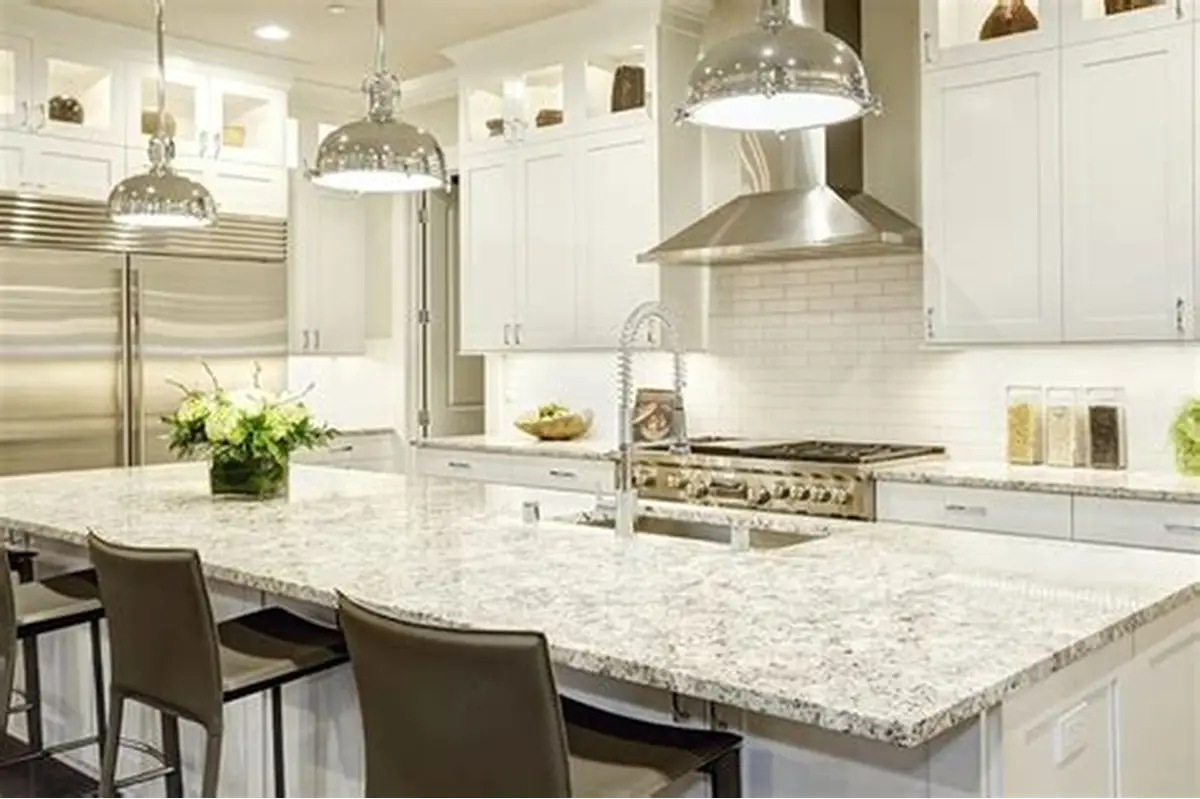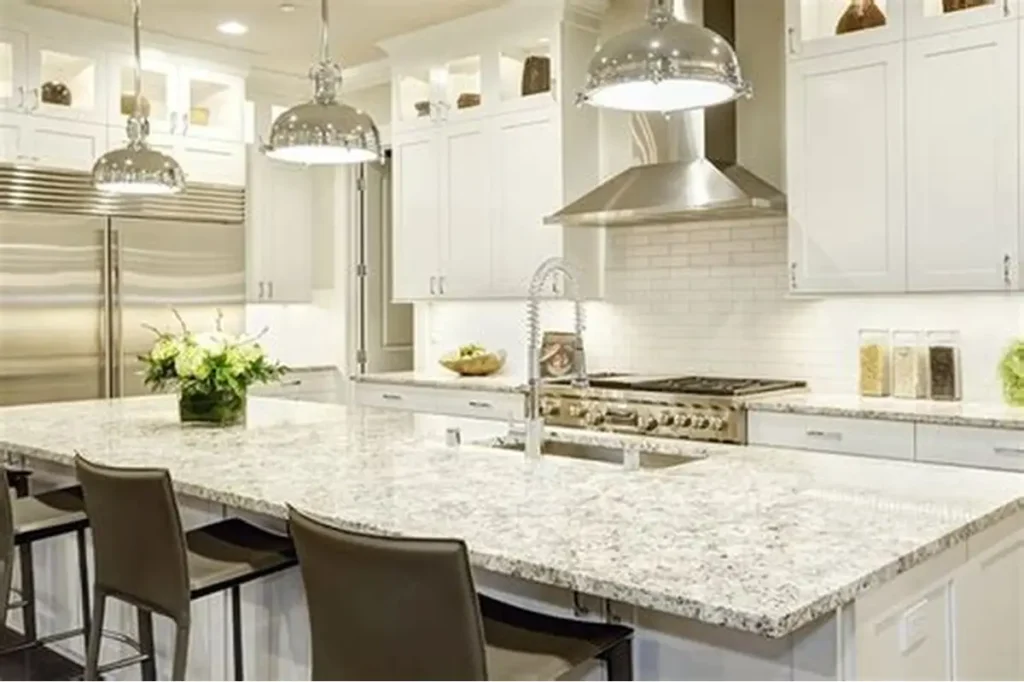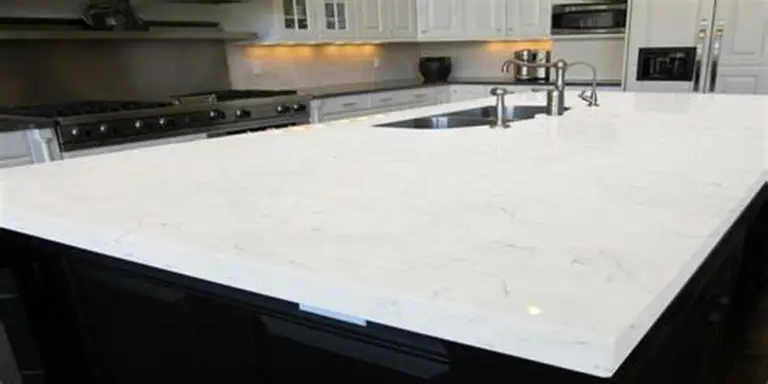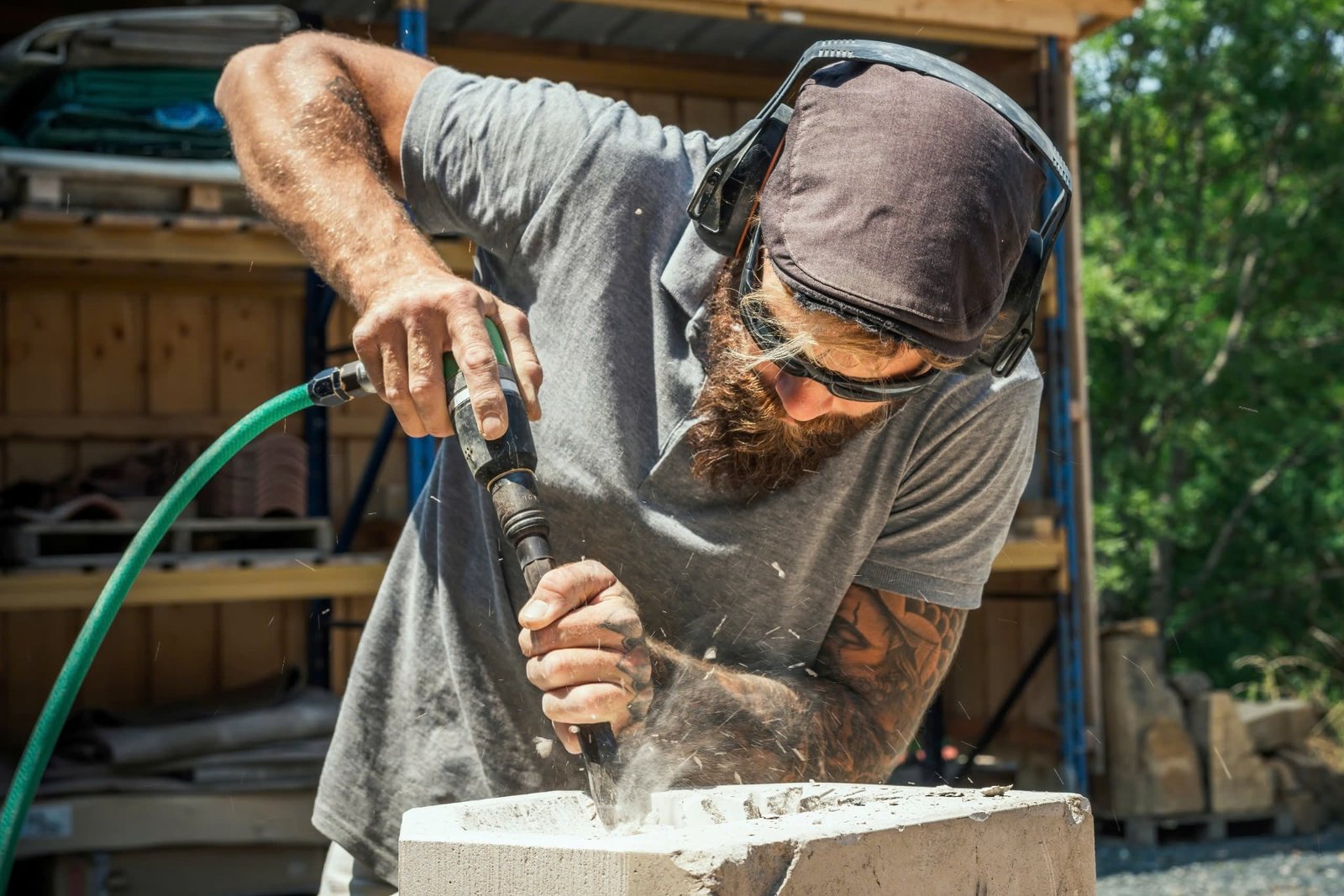
When choosing granite countertops for your kitchen or bathroom, one of the most common questions homeowners ask is: Are granite countertops porous?
When choosing granite countertops for your kitchen or bathroom, one of the most common questions homeowners ask is: Are granite countertops porous? Granite, being a natural stone, has a unique composition that impacts its porosity, durability, and maintenance needs. Understanding how porous granite is—and what that means for staining, sealing, and long-term care—can help you decide if it’s the right surface for your home.

What Does Porous Mean in Countertops?
In simple terms, porous means a material has small openings that can absorb liquids, oils, or chemicals. Natural stones like granite and marble have varying levels of porosity. Granite is generally less porous than marble, but it still requires sealing to prevent permanent stains from food, wine, or oil.
Learn more: How to clean granite countertops

Are Granite Countertops Naturally Porous?
Yes, granite is a porous stone. The level of porosity depends on the specific type of granite and its mineral composition. For example:
- Black granite countertops tend to be denser and less porous.
- White granite countertops or lighter variations may be more absorbent.
- Exotic slabs like blue pearl granite countertops often have tighter grain structures, reducing porosity.
Why Porosity Matters in Granite Kitchen Countertops
Porosity directly affects how well granite resists:
- Stains: Unsealed granite can absorb spills like coffee or wine.
- Bacteria: Liquids absorbed into stone may harbor bacteria if not sealed.
- Durability: Porous areas may be more vulnerable to etching or chemical damage.
That’s why granite kitchen countertops and granite bathroom countertops should always be sealed after installation and resealed periodically.
Polished vs. Honed Granite Porosity
The finish of granite affects its porosity:
- Polished granite countertops have a glossy, sealed surface that resists liquids better.
- Honed granite countertops (matte finish) are more porous and show stains easily if left unsealed.
How to Seal Granite Countertops
Sealing reduces porosity and enhances resistance to stains and etching.
- Clean thoroughly with a pH-neutral cleaner.
- Apply a granite sealer evenly across the slab.
- Allow it to penetrate for 15–20 minutes.
- Wipe off excess and let it cure.
Experts recommend sealing granite every 12–18 months, depending on usage.
Maintenance Tips for Porous Granite
To maintain your granite slabs for countertops:
- Always wipe spills immediately.
- Avoid harsh cleaners like bleach or ammonia.
- Use trivets and coasters to protect against oils and heat.
- Schedule regular resealing.
For additional upgrades, explore safe handling with tools like the Aardwolf vacuum lifter.
Granite vs Quartz: Porosity and Maintenance
When comparing granite vs quartz countertops, porosity is a key difference:
- Granite: Porous, requires sealing.
- Quartz: Non-porous (engineered stone), doesn’t need sealing.
Still, granite remains popular for homeowners who love the authenticity of natural stone.
Pros and Cons of Granite Countertops
Pros:
- Natural beauty and unique patterns.
- High durability and heat resistance.
- Increases home value.
Cons:
- Porous, requires sealing.
- Heavy, requiring professional installation.
- Can chip at edges if struck with heavy objects.
For long-term upgrades without replacement, see: How to change granite countertops without replacing entirely
Where to Buy Granite Countertops at Wholesale Prices
- Wholesale granite countertops suppliers for affordable slabs.
- Local granite fabricators for custom cuts.
- Granite countertop showroom [location] for in-person slab selection.
- Search for granite countertops near me for installation services.
For logistics and safe movement of heavy slabs, see stone lifting clamp solutions.
Are Granite Countertops Still Popular Despite Porosity?
Yes—granite remains one of the best granite countertops for kitchens and bathrooms. While quartz may appeal to homeowners seeking a non-porous alternative, granite’s natural beauty, variety, and durability keep it highly desirable. With proper sealing and care, its porosity is no longer a major drawback.
Final Thoughts
So, are granite countertops porous? Yes—but this doesn’t make them a poor choice. With sealing, routine care, and professional installation, granite continues to be one of the most affordable, stylish, and long-lasting natural stone vs engineered stone countertops available today.
If you’re considering updating or repurposing your countertops, explore wholesale suppliers, granite countertop installation services, and professional handling equipment for a seamless experience.

